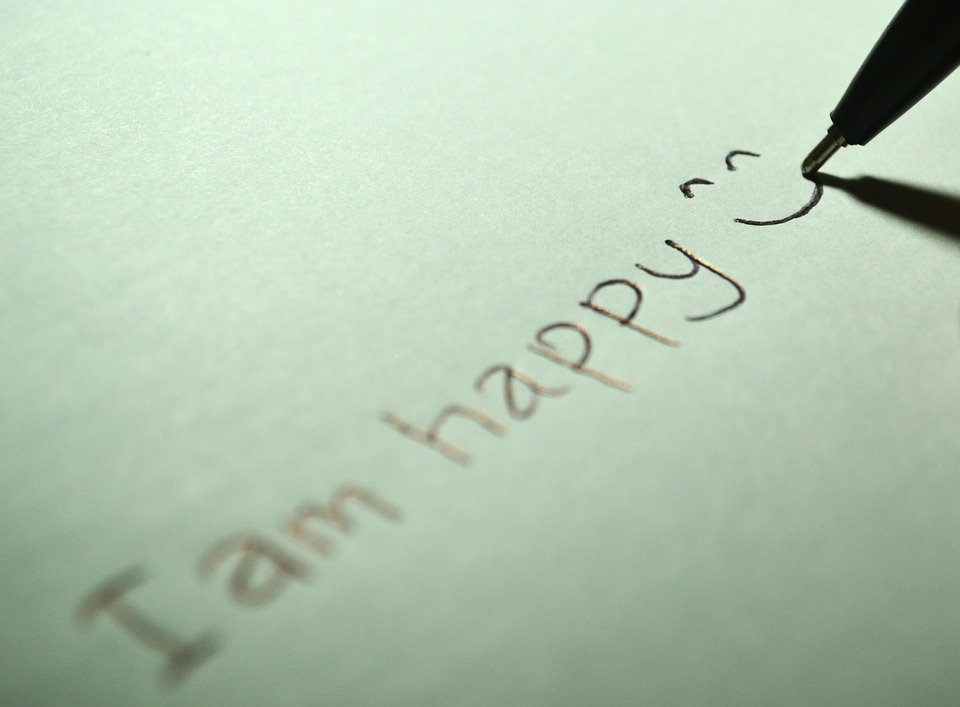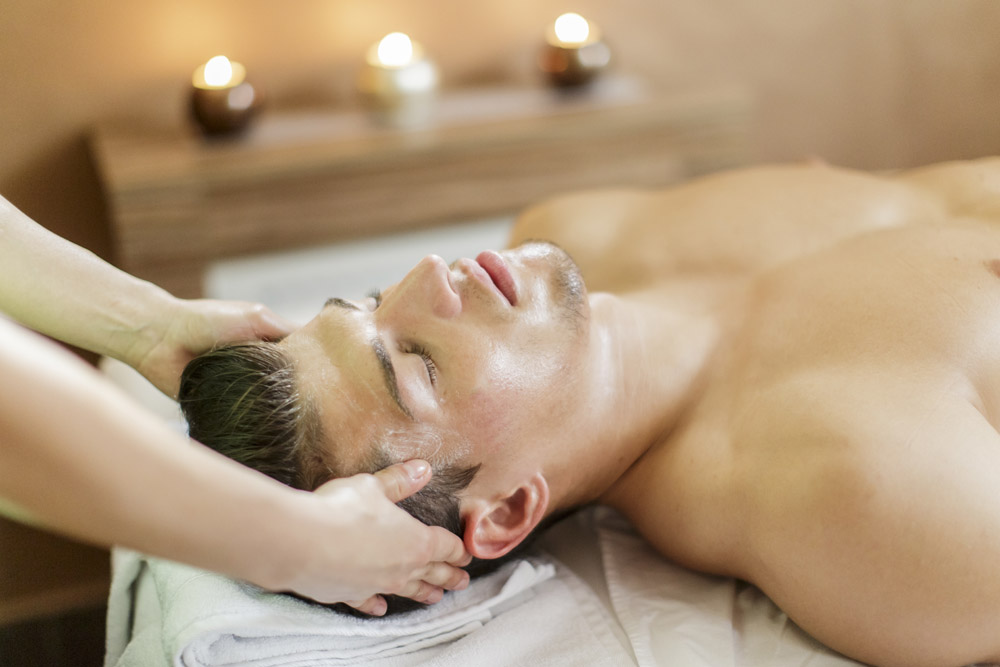If you’re looking for utter relaxation you cannot beat a Swedish massage. The slow, soft…

The science behind massage therapy and why it’s essential for a happy, healthy life
The majority of us get a massage as a way of relaxing because it feels so great and helps you unwind after a long day at work. Or we might go because we have some muscle strain or physical discomfort that needs fixing. Maybe we have lower back ache from sitting upright in front of a computer all day. Perhaps we have hamstring ache from working a little too hard at the gym. Either way, when we have bodily aches and strains, massage can be a delicious treat that can soothe these pains.
Massage can also be helpful and surprisingly effective in treating a variety of psychological issues such as depression, insomnia, post-traumatic stress and attention deficit hyperactivity. And that’s only a few of them. After a massage, we usually feel relieved, lifted and have a more positive outlook on life.
It doesn’t come as a surprise that massage has a positive effect on mental health. If we think about it, the body and mind are quite closely connected. There are many parts of our body which we do not have direct, conscious access to. Many parts of us, for example emotions and intentions, can be revealed by posture. Muscle contracts and flexibility can represent the defensive armour we use to protect ourselves from the struggles of the outside word. For example, someone with depression or insecurities might tense up and retract their bodies inwards in order to ‘protect’ themselves.
The massage therapist is someone who can witness our building stresses and anxieties, and help unblock the channels that are clogged up and preventing us from properly breathing in life. The massage techniques help to soothe our feelings of angst and wash away any negative emotions that are stopping us from truly connecting with our bodies and feeling joy.
But why does a massage feel so good and is it really necessary for a happy life?
Massage is well-known for its relaxing, therapeutic benefits. This has been attributed the way massage manually manipulates the body and touch being such a comforting and pleasurable sensation. This leads to instinctive release of endorphins and mood-boosting hormones such as serotonin and dopamine. Massage is also thought to stimulate the activity of pain blockers and reduce the feelings that are associated with chronic pain. Researchers at the University of Maryland found that massage can actually relieve depression in people who are suffering from chronic illnesses such as cancer and fibromyalgia.

A massage is about awareness. A therapist only needs to examine a client’s muscles in order to gain an understanding of their physiology and psychology. Everyone’s bodies are different. Some people might have muscles that are more hardened and less penetrable. According to Stephen Salter, a therapist and contributor for Good Therapy, a hardened crop of back muscles can act like a force field – it’s more difficult for the therapist to reach the deeper levels of muscle and connective tissue.
Surprisingly, this ‘force field’ can be as psychological as it can be physical. Physical is more straight forward – it’s the body’s way of protecting against injuries particularly if there’s a strain in the area the masseuse is about to work on. Psychologically, boundaries may represent a general sense of distrust or apprehensiveness when it comes to letting other people in.
A masseuse can work to slowly lower the boundaries even if the client isn’t aware that they have them up. The massage therapist can gently bring these thoughts up to the surface, encouraging ‘breathing into it’, so the client can choose to slowly release them. When one learns to release their unnecessary armour, they can begin to develop deeper trust and bonds with other people. Salter wrote in a post on Good Therapy: “Every point of contact on the body is an opportunity for self-awareness. Psychological healing occurs when we sink into the reality of our bodies.”
The modern era is very technologically-focused and reliant. We can be in touch with anyone we want to with just a few taps on a touch screen. But it’s somewhat of a paradox – although we can communicate with a greater amount of people at the same time, we can feel more isolated and alone than ever. Because the majority of this communication happens online, our minds and bodies receive less physical and emotional stimulation. This leads to feelings of loneliness, coldness and dissociation. You need a healing, nurturing touch that reaches into your physical and emotional psyche. And a massage provides exactly that.

A 2010 examination conducted by the College of Nursing at the University of Arkansas found that massage promoted relaxation in older people. Based on theories that massage was once used to relieve pain, anxiety and insomnia, 21 studies about massage were examined. Participants received a three minute slow stroke back massage or a 10 minute hand massage. It was found relaxation levels were significantly boosted.
The Arkansas study isn’t alone. A Japanese study investigated aromatherapy massage and its effects on anxiety levels and the immune system. White blood cell counts were monitored and anxiety was assessed using questionnaires (State–Trait Anxiety Inventory (STAI) questionnaire and the Self-rating Depression Scale (SDS)). Levels of white blood cells and anxiety were significantly increased and decreased, respectively. This is just some of the scientific evidence that backs why massage therapy contributes towards a happy, healthy life.
In his exploration of massage therapy and the psychology behind it, Salter discussed depression. He said that depression is when one becomes estranged from a caring world. Massage is a way of reversing this by helping people to realise that they are cared about.
Salter wrote: “Your body may begin to realize that you don’t have to tense up so much when work gets stressful. If depression is the expectation that you will not receive the connection and nurture that you need, a massage can rattle the rigid sense of isolation. Rigidity then dissolves. It liquefies into the stream of life.”
Book a happy ending massage London for a happy and satisfied life – https://www.happy-massage.co.uk/happy-ending-service/



